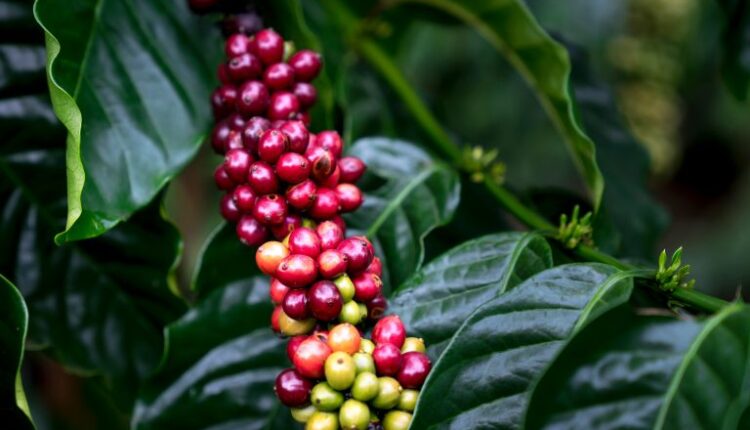Colombian Farmers Finding Stability In Shifting From Cocoa To Coffee – CoffeeTalk
In Naranjal, a small farming community in Colombia’s Valle del Cauca, over a hundred families are proving that replacing the drug economy isn’t about sermons or slogans—it’s about buyers, dignity, and time. The cooperative, Asoculsan, unites approximately 400 producers, 40% of whom are under 30, growing cacao, chili peppers, coffee, and fruits such as passion fruit, lulo, and lemons. Each family plants not for a dream buyer but for a contract that already exists. This is “certainty replacing fear.”
The cooperative negotiated directly with Grupo Éxito, Colombia’s largest supermarket chain, now owned by Grupo Calleja of El Salvador. “Éxito buys everything we grow, and that moves the local economy,” Cano told EFE. Trucks that once carried coca paste in secrecy now arrive openly for fruit. Markets, not mantras, are what keep people home. For Cano, the pivot began with persistence. “It hasn’t been easy,” she admitted to EFE, describing how she lobbied Grupo Éxito’s leadership until they agreed to visit Naranjal. That visit changed everything. Instead of speeches about substitution, farmers got something concrete: a purchase order.
In the past, governments urged growers to abandon coca but rarely offered alternatives. For once, supply chains are being built backward—from store shelf to soil. This is the crucial lesson development experts keep missing. You can’t preach your way out of a narco economy. People need what Coca-Cola once provided: stability, a steady cash flow, and a sense that their efforts lead somewhere. The difference in Naranjal is that “somewhere” is now legal. When fruit trucks replace armed buyers and receipts replace rumors, farmers don’t just survive—they breathe. “This is the proof that rural Colombia can stand on its own if someone commits to buy what we grow,” Cano said. And that shift is catching on.
At the national level, Colombia is rethinking its long war on drugs. For decades, U.S.-funded eradication campaigns sent soldiers and planes to burn coca fields from the air, but the roots always grew back. Now, President Gustavo Petro has shifted strategy from eradication to substitution—from punishment to partnership. “Substitution is not simply changing one plant for another,” said Gloria Miranda, head of the government’s Directorate of Substitution of Illicit-Use Crops, in remarks to EFE. “The cure is structure: cooperatives, logistics, and contracts that let farmers plan years, not days. As Miranda put it, “The key is to rebuild entire economies, not just fields.”
Progress here doesn’t always look like policy; sometimes it seems like pallets of oranges. Grupo Éxito currently buys around 20 tons of produce from Asoculsan every month, according to company president Carlos Calleja. He believes sustainability requires models, not miracles—replicable systems that align profit with peace.
Read More @ LatinAmerican Post
Source: Coffee Talk



